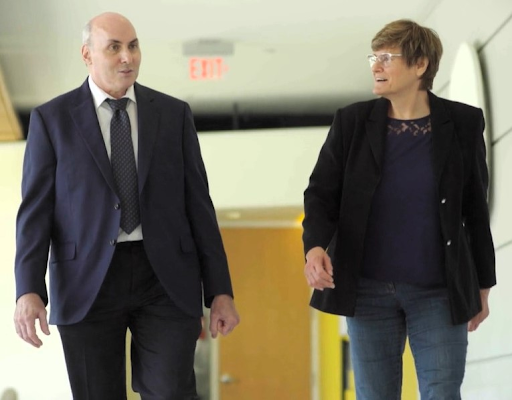Ninety percent of you, whether it was at home relaxing and spending time with family or travelling with friends, did not take a J-Term course. Ninety percent of you missed out on what could have been the experience of a lifetime.
January Term 2014 was Guilford College’s best one yet. Albeit there have only been two J-Terms, this year’s three- week event worked out many of the kinks encountered last year.
Last year, four-credit J-Term courses on campus cost on average about $1300, or over $400 a week. Summer courses at Guilford cost about the same, but they last for five or 10 weeks. For a five-week course, the cost is about $250 a week. Obviously, some students felt a little cheated.
This year, the cost of a four-credit on-campus J-Term course was reduced to $500, and if you do the math, you can save up to about $100 a week, or $500 overall from a summer course.
“It’s kind of a no-brainer, financially,” said Director of Study Abroad and Professor of Theatre Studies Jack Zerbe.
One of the biggest complaints about J-Term last year was that the courses offered didn’t fulfill any education requirements.
This year, the number of IDS courses was doubled and more classes were offered that catered to specific majors, such as justice and policy studies and psychology. Courses “for fun” were still plentiful, giving students a wide range of topics to choose from.
Sophomore Noah McDonald took advantage of one of these ‘for fun’ courses: Woodworking and Furniture History, taught by Professor of English James Hood.
On top of learning about the Arts and Crafts revival movement of the mid to late twentieth century, Noah spent a lot of his time making a bookcase using the Arts and Crafts style.
“I worked for hours at a time with a saw, chisels and a mallet while listening to music on the sound system in the studio,” said Noah in an email interview. “My mind was immersed in the work I was engaged in.”
Professor of Religious Studies Eric Mortensen led a study abroad program in Myanmar that focused on the practice of Theravada Buddhism in a predominantly Buddhist country.
The program also studied Buddhist extremists in Myanmar, also known as the 969 Movement, and their crusade against the Islamic population and the political tensions brought up by it, appealing to students with interests in political science and history.
“It’s a place people visit wide-eyed, and the intensity of Myanmar is something that nobody could predict,” said Mortensen.
CCE students find it difficult to juggle study- abroad programs in between family and work, as most courses go for a whole semester, but J-Term’s three-week programs make it easier for them to travel. CCE senior Pamela Rhyne took advantage of this and went to Myanmar along with Mortensen.
She only had good things to say about the journey.
“I had the opportunity to see things that I had always read about, and you see how important immersing yourself in another culture is to learn,” she said. “I feel like I had gotten more out of it than I had anticipated.”
Despite the wide variety of J-Term programs, there was a lack of courses from the sciences, as highlighted by the failed Galapagos Islands biology study abroad program.
“It’s up to the students … to tell their faculty in the sciences ‘I want to do a J-Term experience,’” said Zerbe.
J-Term has already seen huge growth increasing its enrollment to 263 from last year’s 106. It also offers a respectable number of courses with 22 on-campus opportunities, three study away programs, and 25 study abroad programs.
At this rate, J-Term is only going to get better as the faculty and students remain enthusiastic about their next adventure.






